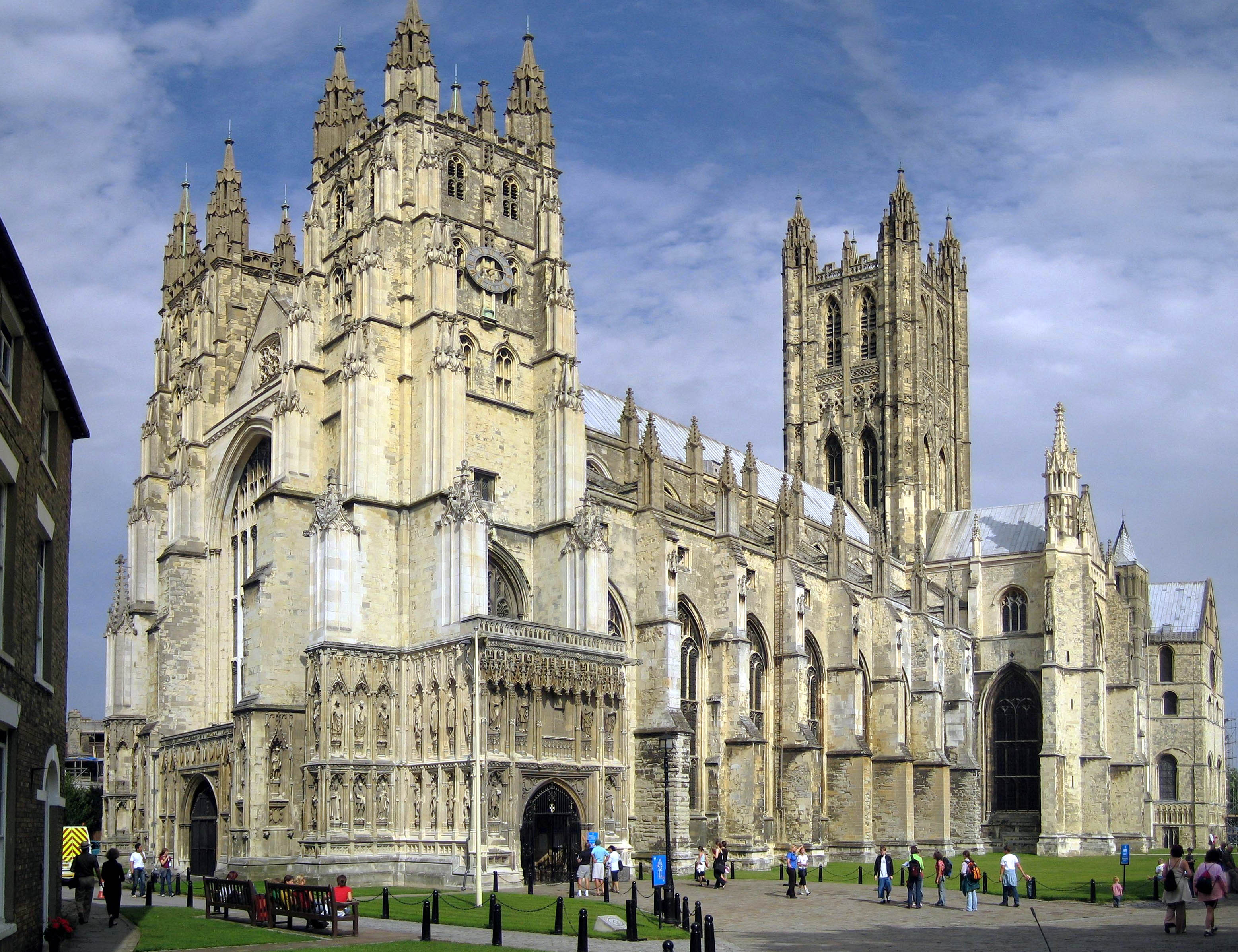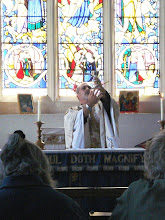
In post-mediaeval times, English Christians boldly blazed a via media, or 'middle way', between Catholic Creedalism and Protestant Confessionalism. That way was deceptively - erm - delightfully simple, being both comprehensive (or in the modern idiom, 'inclusive') and perspicacious (or in the modern idiom, 'pluriform').
In a word, Anglicans bequeated to Christendom - to coin a label - Christomonauteparchism, a concatenation.
- Christomonism (Greek:Christos|English:Christ + Greek:monos|English:alone; cmp. Latin solus Christus, Martin Luther: 'By Christ alone'). Christ alone is Anglicanism's tacit theology.
- Auteparchism (Greek:autos|English:self + Greek:eparchia|English:province; cmp. Latin:sui iuris). Provincial autonomy is Anglicanism's tacit modality.
That vexes me a mite. 'Covenant' sounds, well, not to put too fine a point on it, rather binding. For as the Rev'd Frederick Quinn avers, Covenants just aren't Anglican, any more than Creeds are Baptist. What in the world happened to the Open Evangelical Anglican summary of the sayings of Jesus of Nazareth:
Believe in me and you may believe whatever you like.
'But what about the Trinity? Isn't the Trinity a dogma?' you might be tempted to ask. Well, speaking in my official capacity as a licensed Christomonauteparchist, i.e., a politically correct Anglican clergyman, I may only say what our secularised society expects of me.
Like all so-called dogmas, the Conciliar Decrees defining the Trinity are merely doctrines of men. Men. I mean that literally. Males. Alone. Male Bishops alone debated and defined the Trinity at the so-called First and Second General Councils (325 and 381, respectively) . Rather suspect don't you think? After all, 'General councils may err' (Article XXI). Well they must have done if only men were allowed a voice and vote!But still, it doesn't really matter. According to Christomonism, Anglicans must only believe that Christ (or Christa) is our personal Saviour (or Sophia). Depending on your brand of Evangelicalism (i.e., permutations of Bible Christianity), He (or She) may also be your Lord (or Lady, an uncontested title since Evangelicals will not grant it to the Blessed Virgin Mary, 'Mother of Jesus' [sic])
So if you're an orthodox (i.e., Christomonist) Anglican, and you wish further to believe in the uncivil, gynophobic doctrine of the Trinity, you certainly may, or at least for the moment. Gynophobic religious language is not yet a statutory offense in England, nor does Parliament have immediate plans to authorise a new Book of Common Prayer.
I'll just carry on with my politically corrected form of modalism:
In the name of Gaia: Source, Sophia and Wellspring [sic, sic et sic]in keeping with our Anglican socially constructed form of modality (i.e., Auteparchism).







